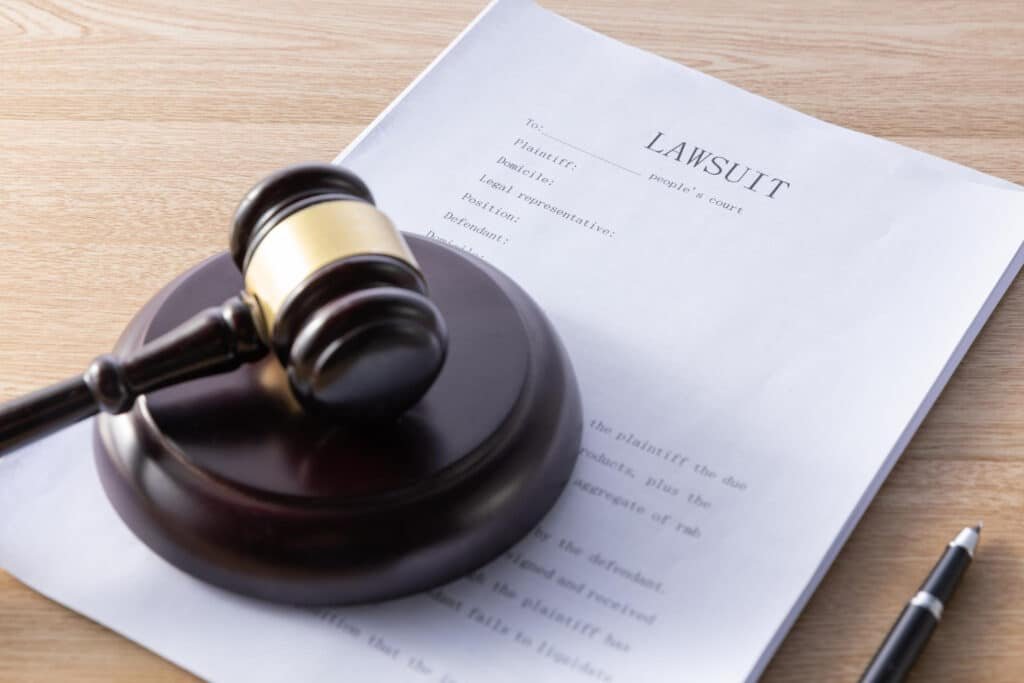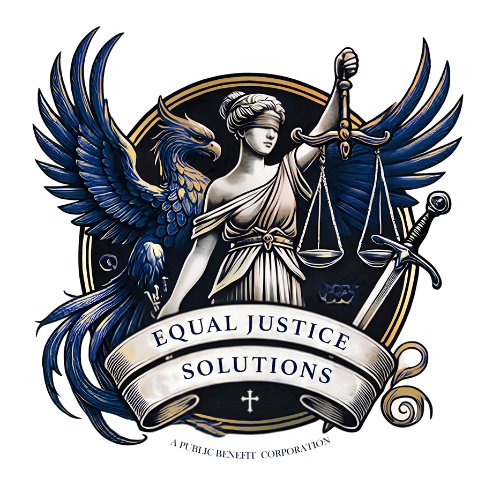When insiders trade on confidential information, public companies—and their shareholders—suffer. But holding them accountable isn’t simple. In Delaware, where most major corporations are incorporated, a shareholder can’t sue on the company’s behalf unless they either (1) demand that the board sue the wrongdoers and are refused, or (2) show that such a demand would be futile. That second route—demand futility—is where most derivative suits live or die.
A recent case in the Delaware Court of Chancery, Hanna v. Paradise et al. (July 3, 2025), highlights the challenges and strategic tools business litigation attorneys must navigate in pursuing derivative actions. Filed against Skillz Inc.’s CEO and several board members, the case accuses them of insider trading in a $1 billion secondary offering. The court’s response? A mix of skepticism and openness—but only for those who knew how to plead properly, and when to pivot toward discovery.
We extend our congratulations to our colleagues at Grant & Eisenhofer, who brought this important case and secured a thoughtful ruling that reinforces the standards and opportunities in Delaware corporate litigation.

What’s a Derivative Suit?
A derivative suit is a claim brought by a shareholder on behalf of the corporation. Think of it as a lawsuit the company should have filed against its directors or officers—but didn’t. Maybe the board is conflicted. Maybe the wrongdoers are still in control. In those cases, derivative litigation lets shareholders act in the company’s best interests.
But Delaware law is careful not to let these suits proceed lightly. The demand requirement is rooted in corporate governance: boards control litigation unless they’re too compromised to do so fairly.
The Real Battlefield: Demand Futility
Under Chancery Rule 23.1, a shareholder must plead particularized facts showing that making a litigation demand would be futile. Since the United Food and Commercial Workers Union v. Zuckerberg, the Delaware Supreme Court has clarified a three-part test:
-
- Did any directors receive a material personal benefit from the misconduct?
-
- Does any director face a substantial likelihood of personal liability?
-
- Is any director lacking independence from those who did?
Even one director falling into these categories can tip the balance—if the board is small enough. But this is a high bar. Merely alleging a theoretical conflict or potential liability is not enough. You need to plead facts showing why the directors can’t exercise business judgment impartially.
Not Enough: “Maybe They Knew” or “They Were On the Board”
It’s not enough to claim that a director was present at a meeting. Nor is it sufficient to allege they approved a transaction that turned out badly. As Zuckerberg teaches, the analysis must be context-specific.
But some relationships or facts do count:
-
- Shared private jet travel can show dependence (see Sandys v. Pincus, 152 A.3d 124 (Del. 2016)).
-
- Long-term mentorship or professional dependency can too (see Marchand v. Barnhill, 212 A.3d 805 (Del. 2019), the “Blue Bell” case).
-
- Deep academic or professional entanglements may create disabling conflicts, as shown in the nuanced reading of In re Oracle Corp. Derivative Litigation, 824 A.2d 917 (Del. Ch. 2003). There, then-Chancellor Strine held that two Stanford professors serving on Oracle’s board could not be presumed impartial due to their entangled relationships with a fellow director and the university itself. Though the relationships were not strictly personal, the court focused on subtle social and institutional pressures that could cloud judgment.
By contrast, the Delaware Supreme Court’s decision in Beam ex rel. Martha Stewart Living Omnimedia, Inc. v. Stewart, 845 A.2d 1040 (Del. 2004), shows what doesn’t suffice. There, the plaintiff alleged that Stewart’s longtime social and professional friendships with other directors rendered them beholden. The Court disagreed: mere friendship—even coupled with Stewart’s 94% voting power—was not enough. The plaintiff’s failure to conduct a Section 220 investigation before filing further weakened her case.

What Happened in Hanna v. Paradise?
The plaintiff accused Skillz insiders—including CEO Andrew Paradise—of using inside information to sell over $93 million in stock at artificially inflated prices. According to the complaint:
-
- Directors knew in March 2021 that Skillz’s Q1 earnings would miss projections.
-
- Days later, they approved a secondary offering, then sold their own shares.
-
- Once the bad news became public, the stock dropped.
The plaintiff brought a Brophy claim (Delaware’s insider trading doctrine), plus aiding and abetting and unjust enrichment claims.
Defendants moved to dismiss under Rule 23.1 and 12(b)(6). But the court converted the 23.1 motion to summary judgment for a limited issue: whether one director’s ties to the company compromised his independence.
Why? Because if that director is deemed conflicted, the board doesn’t have a majority of disinterested directors—and demand would be excused.
The Strategic Lesson: Use the Tools at Hand
Business litigation lawyers in Delaware should treat demand futility like a chessboard:
1. Use Section 220 Early
Before filing a derivative suit, consider a Section 220 books and records action. It’s a targeted tool to get internal documents showing what directors knew, when they knew it, and what they did (or didn’t do) about it. Courts view 220 requests favorably and often expect shareholders to use this tool first.
2. Plead with Good Faith Detail
Don’t overreach, but take reasonable license. Plead what the documents show, fill gaps with logical inference, and explain why the facts support liability or dependence under Zuckerberg. Delaware doesn’t reward speculation—but it respects well-grounded theories.
3. Push for Discovery When Facts Are Ambiguous
In Hanna, the court paused to allow discovery into a director’s independence. That’s key. If the court sees ambiguity—and if your complaint is rational and grounded—it may defer full dismissal until discovery. That buys time, leverage, and information.
Don’t fold when defendants move to dismiss. Push for discovery where appropriate. Show that certain conflicts can’t be assessed without more context.
Why It Matters: High-Stakes Business Litigation in Delaware
Whether you’re alleging insider trading, board negligence, or loyalty breaches, derivative litigation in Delaware is one of the most powerful tools in corporate law. But only if you master the rules.
If you’re a business owner, investor, or GC who suspects corporate misconduct, partner with a business litigation attorney who knows how to:
-
- Use Section 220 tactically
-
- Plead demand futility with care
-
- Leverage discovery to expose dependence and liability
Bottom Line
The Hanna case isn’t a clean win or loss—it’s a real-time example of how careful pleading, thoughtful use of Delaware doctrine, and strategic pursuit of discovery can keep a case alive against powerful insiders. And the Beam decision reminds us of the stakes when you don’t do the groundwork.
At Equal Justice Solutions, our Delaware business litigation lawyers know the terrain. Whether you’re evaluating a derivative claim, contesting board misconduct, or litigating insider trading, we help clients take smart, strategic action—and we’re not afraid to push for discovery when others fold.
Thinking about a shareholder claim in Delaware? Let’s talk.
